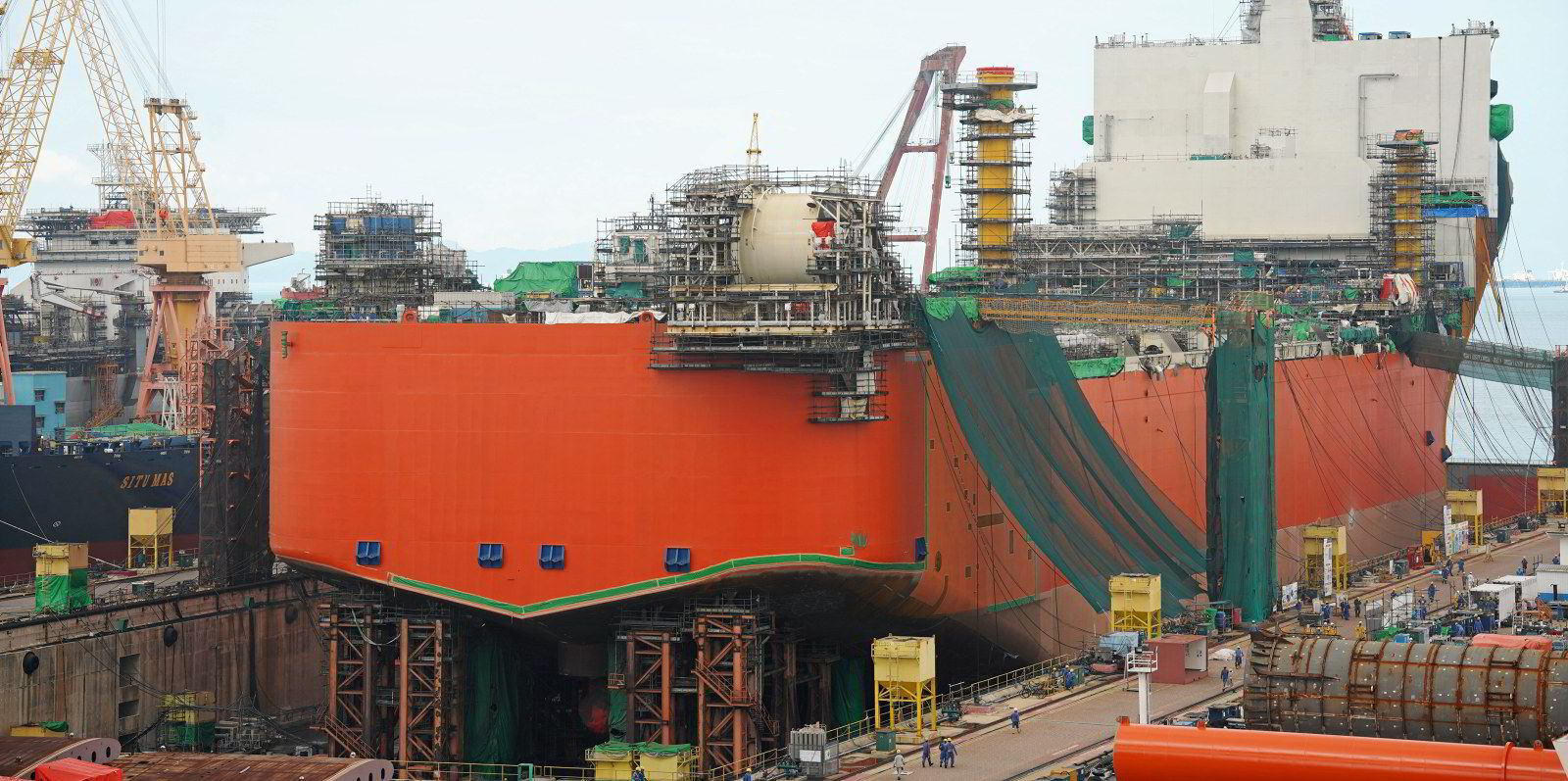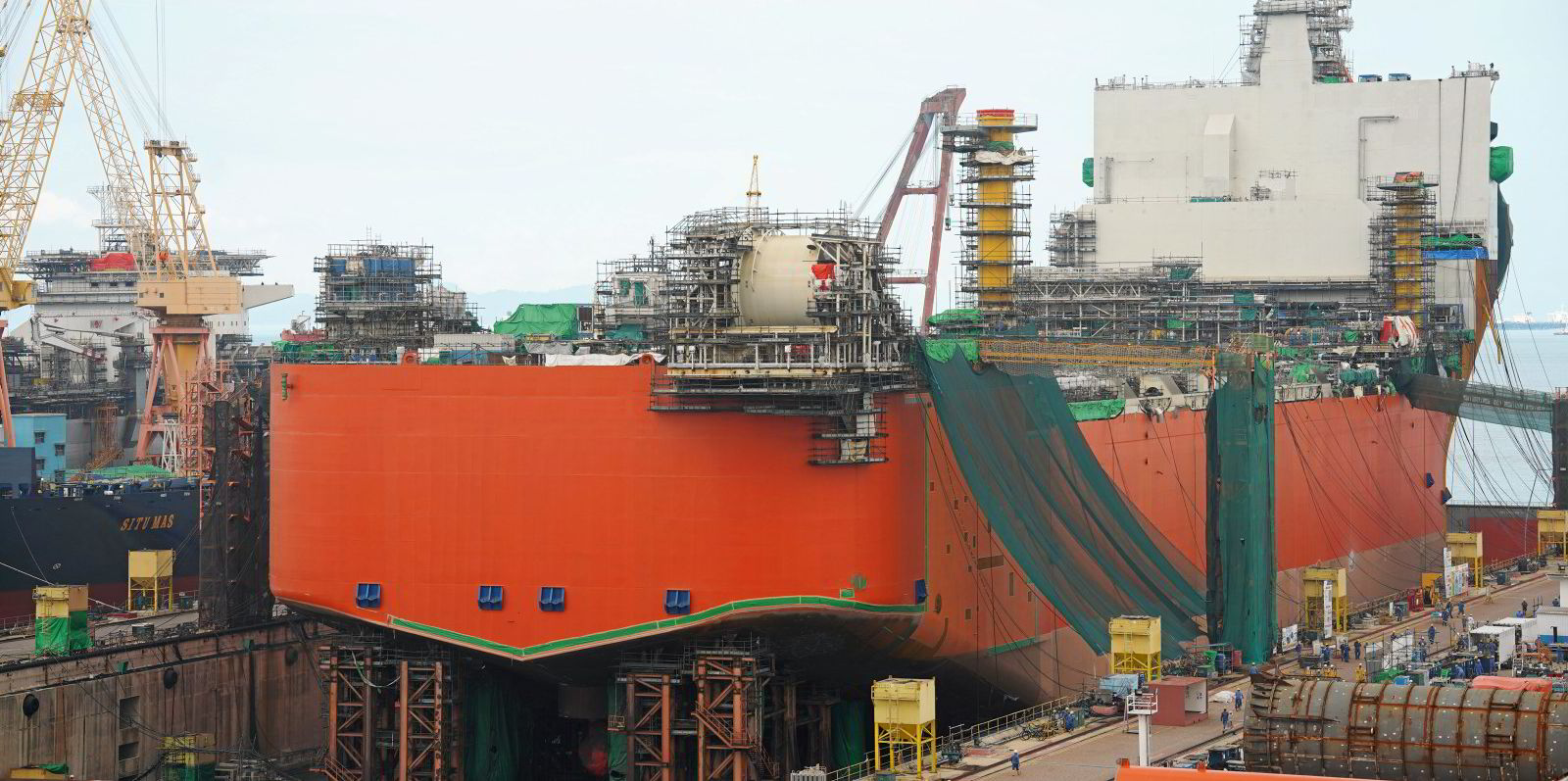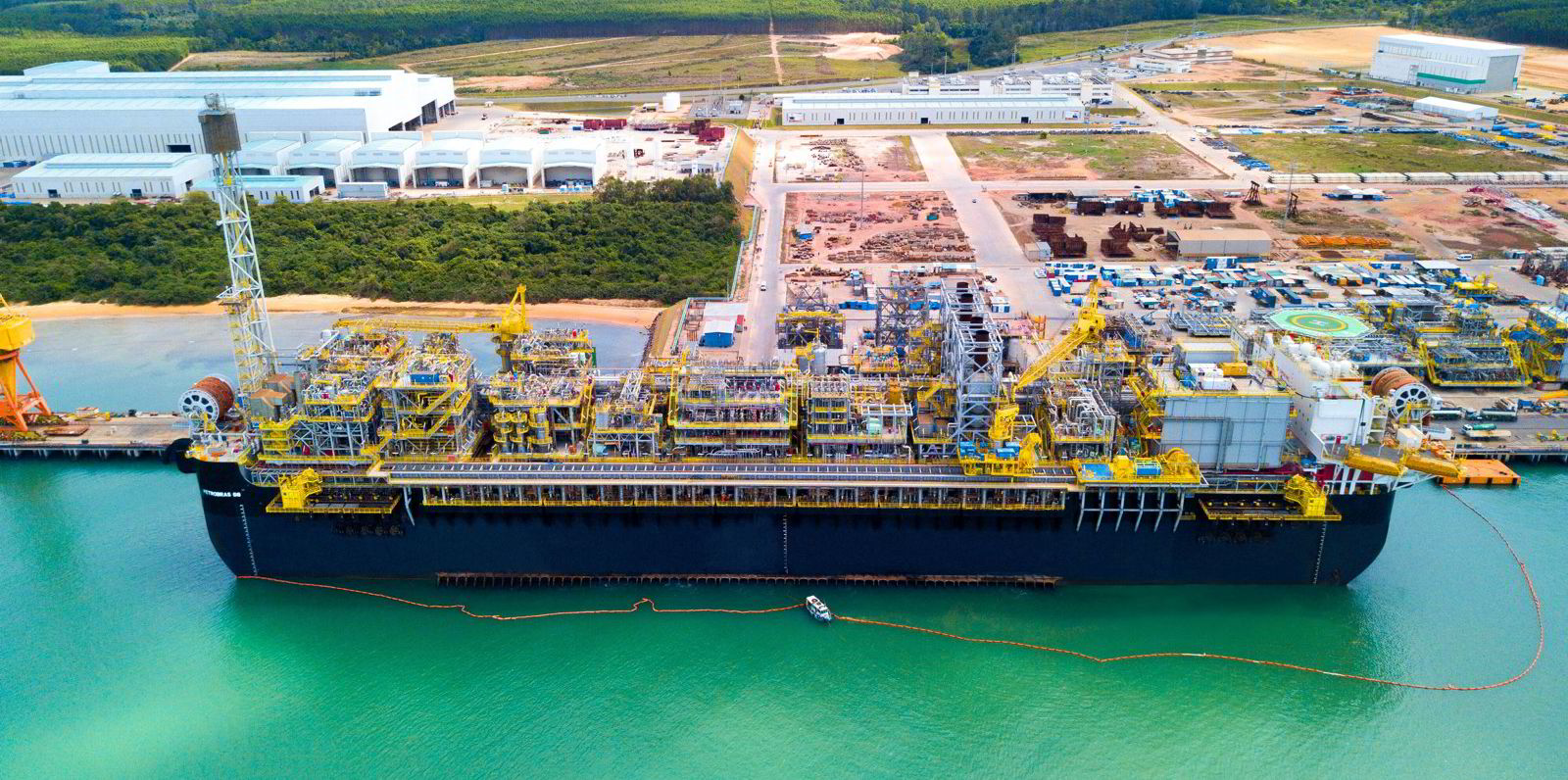Equinor will be able to correct the flawed work on a delayed high-specification production vessel and make it a safe place to work, the energy major told TradeWinds.
The statement comes in reaction to a scathing report from Norwegian regulatory authorities on the 250,000-dwt Johan Castberg FPSO, which has a nominal delivery date of 2022. The FPSO with integrated accommodations, which is being built for the harsh Barents Sea environment off Norway's north coast, was ordered in 2017 from Singapore's Sembcorp Marine.
As TradeWinds recently reported, Norway's Petroleum Safety Authority (PSA) has blamed Equinor's supervision and execution for extensive welding flaws on the big-ticket project, some of which it said could not be corrected and would leave the ship with "lower structural reliability" and greater need of maintenance.
"Inspection and repair cannot compensate for inadequate welding expertise. Full inspection of all welds is impractical, nor is it technically feasible for inspection to identify reliably all defects which might be present," wrote the PSA in its 50-page public report.
"Inaccessible details and areas will have a lower structural reliability than would have been the case if the welding had been done by competent personnel."
But in a statement to TradeWinds, Equinor maintained that the company can rectify the flaws.
"All critical structural welds are or will be repaired before the ship leaves Singapore. When the ship goes to the field, it will have a class certificate from DNV. Johan Castberg will be a safe production ship and a safe workplace," the company said through an in-house press spokesman.
The Norwegian state-owned company is more optimistic than the Norwegian government regulators about what corrections are practical and feasible.
"All areas with material fatigue are available for testing and repair if necessary," wrote Equinor in its statement to TradeWinds.
"In a few cases there might be areas which are not possible to repair without significant consequences due to availability, for example that heavy equipment has been installed, that the area is inaccessible.
"We are carrying out an extensive cross-checking also in these areas. If defects are found in these areas, the size and type of defect will be thoroughly assessed and, if required, analysed, based on fracture mechanical analysis. This is an ongoing effort."
The PSA report pointed to several factors as contributing to the costly and dangerous construction flaws, including the farming out of work to four different locations in Singapore, and also Equinor's focus on controlling costs, maintaining a "lean project organisation", and keeping the job on schedule.
"Equinor’s goals and priorities have contributed to the failure to get adequately to grips with the weaknesses in execution quality, and these have thereby persisted over time," the regulators wrote.
The problems were first reported in July 2020 by TradeWinds' sister newspaper, Upstream.
After work is finished in Singapore, the Johan Castberg FPSO is set to be carried by Dockwise's 117,000-dwt semi-submersible heavylift carrier Boka Vanguard (built 2013) to the Aker Solutions yard at Stord in Norway for topsides completion.






